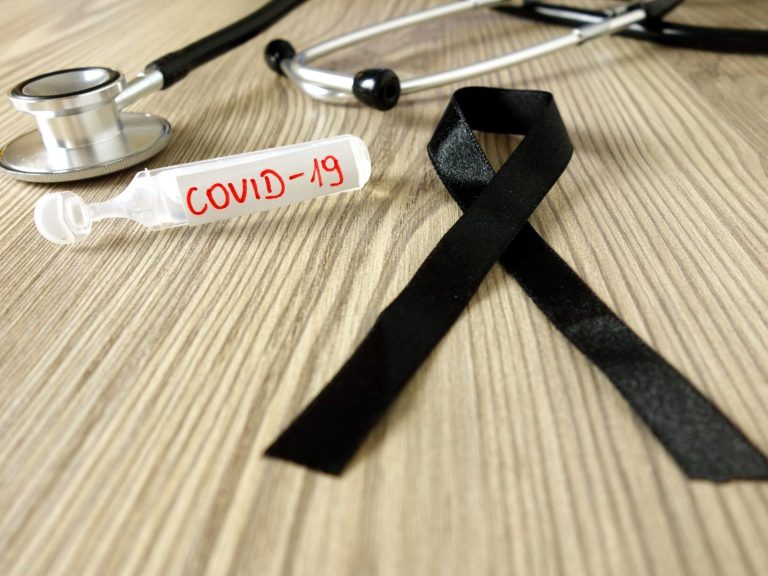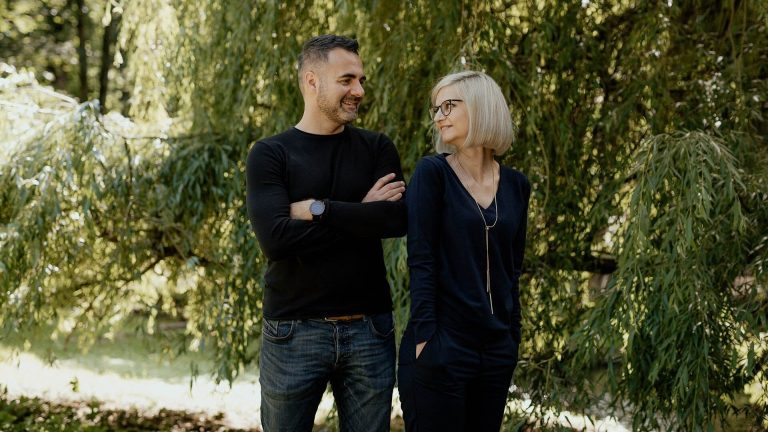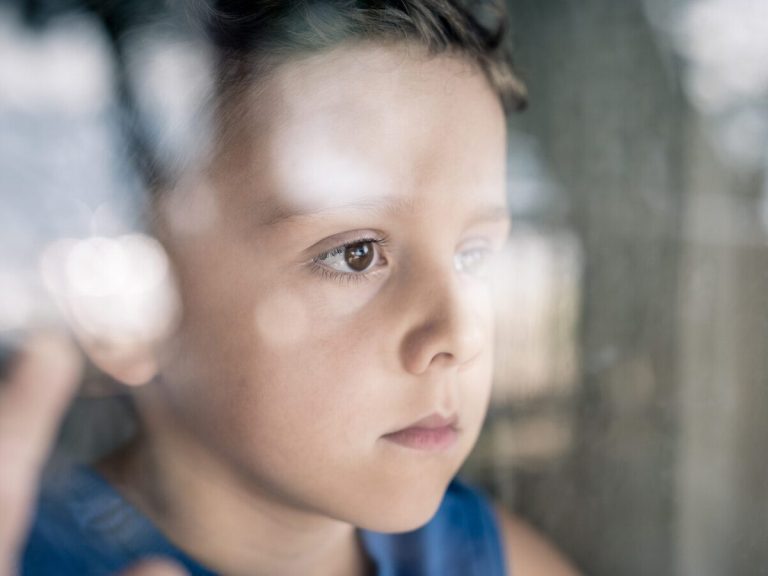“The dealer doesn’t ask for ID. “Twelve-year-olds are sent to toxicology departments”

Alcohol, cigarettes, and currently also energy drinks, are unavailable to young people under 18 years of age, so you need to show an ID card to buy these substances. However, in the case of illegal substances, amphetamines, MDMA or herbs, the dealer does not ask for an ID card. Paradoxically, sometimes buying this type of substance is easier than, for example, alcohol – says Boguś Janiszewski, writer, teacher, expert associated with the non-public education environment. Author of “The Book on Drugs”.
Paulina Socha-Jakubowska, “Wprost”: In your opinion, how should we talk to teenagers about fentanyl so as not to scare them, but still educate and explain the dangers of using this substance?
Boguś Janiszewski: I think, unfortunately, this fear has already appeared. Although I am not convinced that scaring people in the context of psychoactive substances is desirable or justified, I would make an exception in this case, because fentanyl is indeed deadly.
If I were talking to a young person about negotiating a contract, I would include fentanyl on the list of prohibited items.
Contract?
The child should commit to never touching it and never trying it. He should be aware that it makes absolutely no sense.
Parents must have some arguments to be able to enter into negotiations with the child and be able to write such a “contract”.
The most important argument on which to build is prior investment in building understanding and awareness. Because unfortunately I have no doubt that our teenager will try something sooner or later, at least statistically speaking, and we should accept that. He will try alcohol, he will probably use e-cigarettes and more risky substances.
This is generally the starting point for me, that we approach our teenager with the awareness that such a situation will happen in their life and therefore the teenager needs to be prepared for such a situation. Besides, we need to prepare ourselves as well.
Where does this certainty that “it will happen” come from?
My certainty is simply based on statistics. We know that over 60% of people aged 15-18 reach for e-cigarettes. We know that the vast majority of this group have certainly already initiated themselves into alcohol. We know that almost half may have had contact with marijuana. There really is no point in pretending here. However, the answer to the question of when to start talking is not easy. As a parent, I would like this topic to be introduced into the mainstream.
Do third graders know about cocaine?
Yes. Because this word appears on the Internet, in films, and also among older siblings. Therefore, children already know that such substances exist, they know how they work, that they influence changes in consciousness.
Is there an age threshold at which one should start introducing topics related to drugs or the dangers associated with them?
Here, in turn, I will refer to the observations of toxicologists who say that even adolescents are addicted. It is worth adding that toxicology is a ward where a child is admitted either when he is extremely agitated and cannot be controlled because he has taken some psychostimulant, or when his heart rate is low, he has trouble breathing, or he has lost consciousness.






